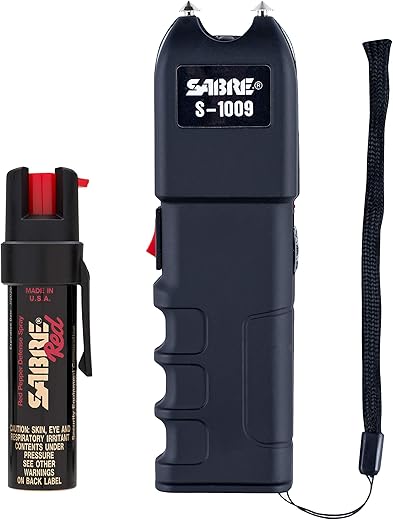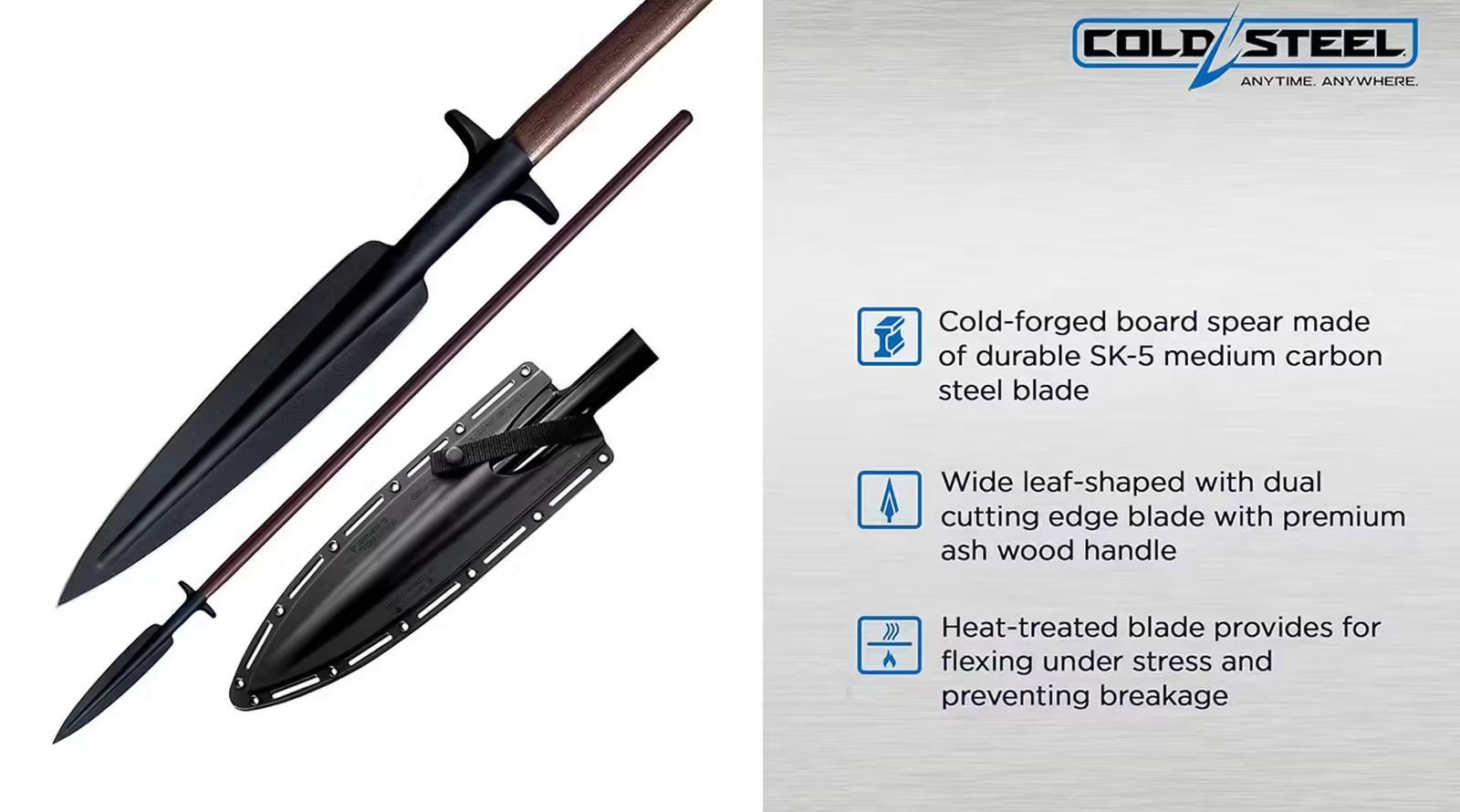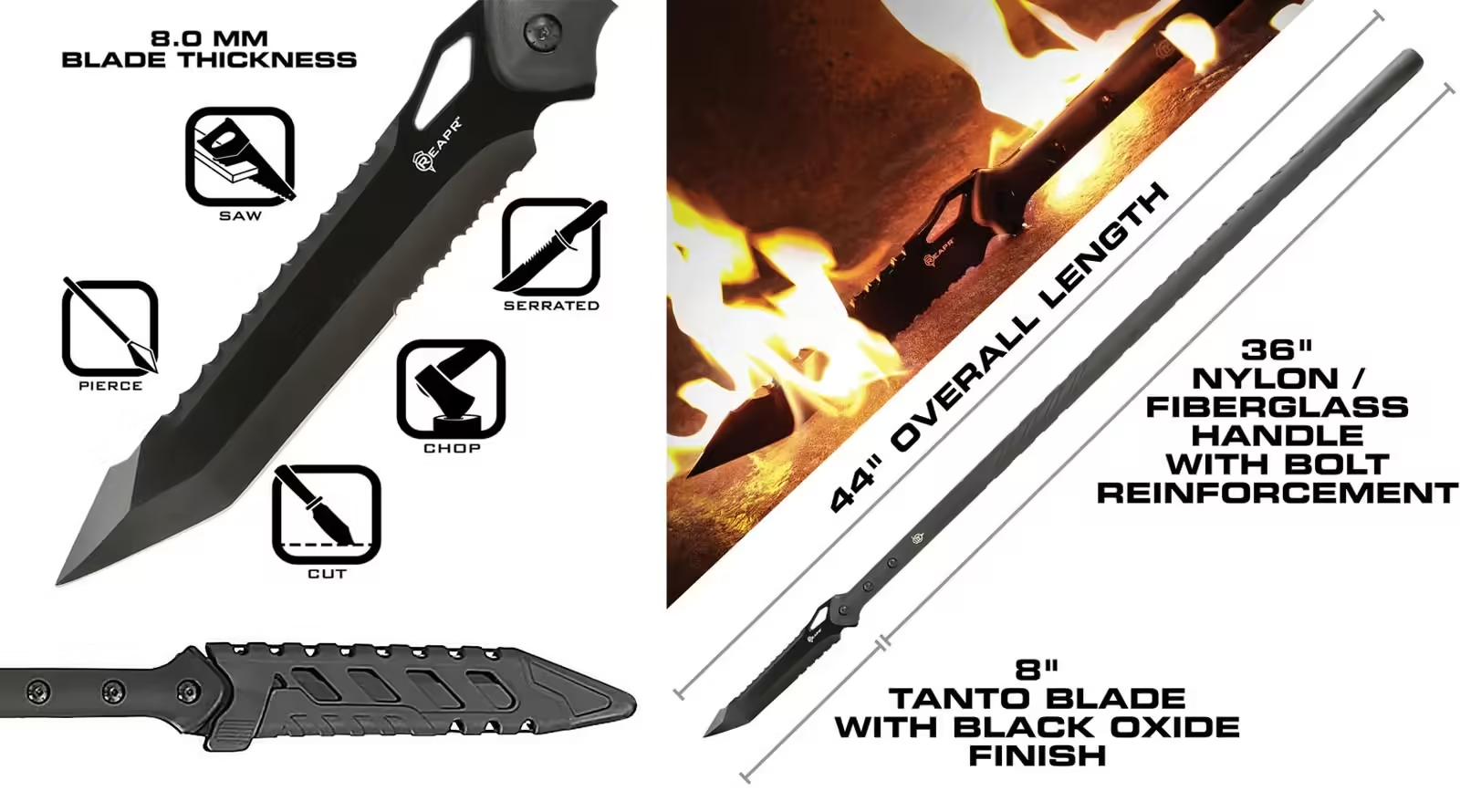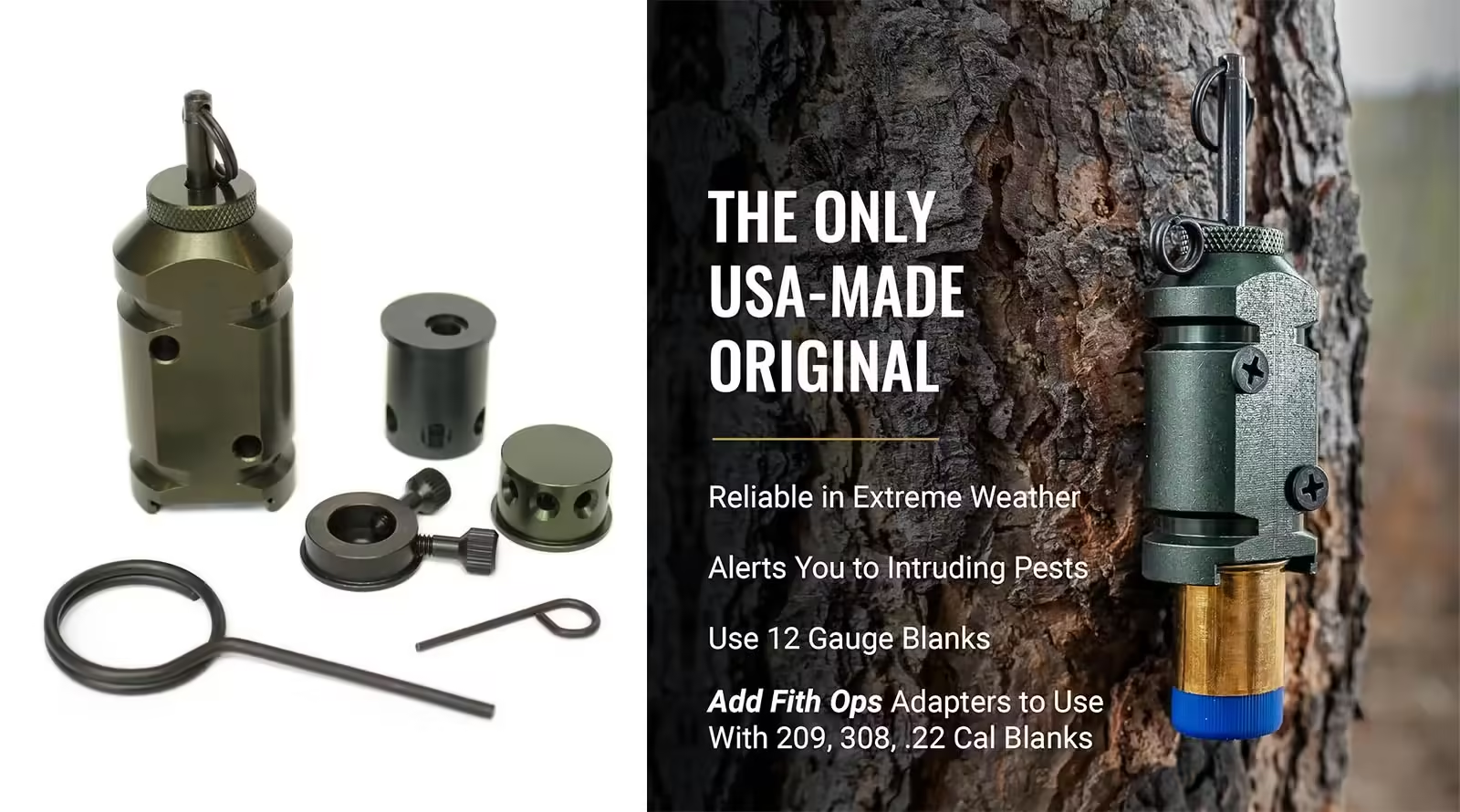The concept of self defense weapons has been a vital aspect of human survival. From simple tools like sticks and rocks used in ancient times to the sophisticated weaponry seen in modern society, the evolution of self defense weapons has been marked by continuous innovation. Building Your-Self Defense Weapons Arsenal embodies this evolution, providing invaluable insights into the latest tools, techniques, and strategies for those looking to safeguard themselves effectively.
By equipping individuals with the knowledge to select the appropriate self defense weapon for their unique situations, newcomers can make informed decisions about their personal protection. The ability to defend oneself effectively is not only essential for physical safety but also for mental and emotional well-being. As such, this guide serves as a critical resource in helping individuals regain their sense of security in an increasingly uncertain world.
Building Your Arsenal: A Newcomer’s Guide to Self Defense Weapons
When it comes to personal safety, having the right set of self defense weapons can provide peace of mind in various situations. As a newcomer looking to build your arsenal, it’s important to understand the different options available and how to choose the most suitable tools for your needs. Here, we will explore the key factors to consider when selecting self defense weapons.
1. The Legal Factors
Before diving into the world of self defense weapons, it is crucial to familiarize yourself with the legal regulations governing their ownership and use in your area. Laws regarding self defense weapons vary from country to country and even within states or cities. Research your local laws to ensure you stay within legal boundaries when acquiring and utilizing these tools.
2. Non-Lethal Options
Non-lethal self defense weapons are designed to immobilize or incapacitate an attacker without causing permanent harm. These options are typically preferred by beginners due to their ease of use and lower risk of unintended consequences. Popular non-lethal self defense weapons include:
- Pepper spray or mace: Offers a temporary disabling effect, causing severe irritation to the eyes, throat, and nose.
- Tasers or stun guns: Deliver an electric shock that temporarily disrupts an attacker’s muscle control.
- Personal alarms: Emit a loud sound when activated, attracting attention and potentially deterring an assailant.
3. Lethal Options
For those seeking a stronger deterrent, lethal self defense weapons can provide added protection. However, it’s important to note that the use of lethal force should be reserved for extreme situations and must comply with applicable laws. Some common lethal self defense weapons include:
- Firearms: Guns are potent tools for self defense but require proper training, licensing (where applicable), and responsible ownership.
- Knives: Tactical or folding knives can be utilized for self defense, but training and familiarity with handling them are crucial.
- Batons and expandable batons: These extendable metal or polymer sticks are useful for close-quarter combat and self defense.
4. Training and Education
No matter which self defense weapons you choose, obtaining proper training and education is paramount. It is essential to understand the capabilities, limitations, and legal implications associated with your chosen tools. Seek out courses, workshops, or training videos specific to the self defense weapons you own or plan to acquire.
5. Additional Considerations
While self defense weapons can enhance your personal safety, they should never replace awareness, common sense, or the ability to de-escalate a situation. It’s important to remain vigilant, avoid risky situations when possible, and prioritize personal safety above all else.
6. Stay Informed
The world of self defense weapons continues to evolve, with new products and technologies constantly emerging. Stay informed about the latest developments, safety protocols, and legal changes in your area. Regularly update your knowledge through online resources, forums, and discussions to ensure you’re making informed decisions when it comes to your personal safety.
Frequently Asked Questions
1. What is the purpose of a self defense weapon?
A self defense weapon is designed to help individuals protect themselves from potential harm or danger. It can be used as a deterrent or as a means of disabling an attacker to create an opportunity for escape.
2. Are self defense weapons legal?
The legality of self defense weapons varies depending on your jurisdiction. It is crucial to familiarize yourself with local laws and regulations before acquiring or carrying any self defense weapon.
3. What are some common types of self defense weapons?
Common self defense weapons include pepper spray, stun guns, expandable batons, tasers, personal alarms, and self defense keychains. Each has its own unique features and uses, catering to different preferences and situations.
4. How do I choose the right self defense weapon for me?
Choosing the right self defense weapon depends on various factors such as personal comfort, level of training, and legal restrictions in your area. Consider what type of weapon you feel most comfortable using and learn how to handle it effectively.
5. What are some non-lethal self defense options?
Non-lethal self defense options include pepper spray, stun guns, tasers, personal alarms, and self defense keychains. These tools are designed to incapacitate and disable attackers temporarily without causing fatal injuries.
6. How can I ensure the proper use of a self defense weapon?
Proper use of a self defense weapon requires training and practice. It is essential to familiarize yourself with the weapon’s instructions, attend self defense classes, and practice using the weapon responsibly to maximize its effectiveness.
7. Can self defense weapons be used against me?
There is always a risk of a self defense weapon being used against you if you are not careful. It is important to maintain control of your weapon, be aware of your surroundings, and use it judiciously to minimize the chances of it being turned against you.
8. Can I travel with a self defense weapon?
Traveling with a self defense weapon can be subject to specific laws and regulations, both domestically and internationally. It is crucial to research and comply with the rules of the jurisdictions you are traveling to or through before carrying any self defense weapon.
9. Should I rely solely on a self defense weapon for protection?
Self defense weapons should not be relied upon as the only means of protection. It is essential to adopt a well-rounded approach to personal safety, including situational awareness, self defense training, and avoiding potentially dangerous situations whenever possible.
10. Where can I purchase self defense weapons?
Self defense weapons can be purchased from various sources, including online retailers, specialized self defense stores, and authorized dealers. Always ensure the legality of the weapon in your area before making a purchase.
Conclusion
This guide emphasizes the importance of understanding local laws and regulations to ensure legal ownership and use of these weapons. It also highlights the significance of proper training and practice to effectively use self defense weapons and maximize personal safety.
Additionally, the guide explores a range of self defense weapons, including pepper spray, stun guns, and personal alarms, offering pros and cons for each option. It stresses the importance of selecting a weapon that aligns with one’s personal preferences and abilities. Furthermore, the guide emphasizes the need to regularly assess and upgrade one’s arsenal to stay prepared and enhance self defense capabilities.
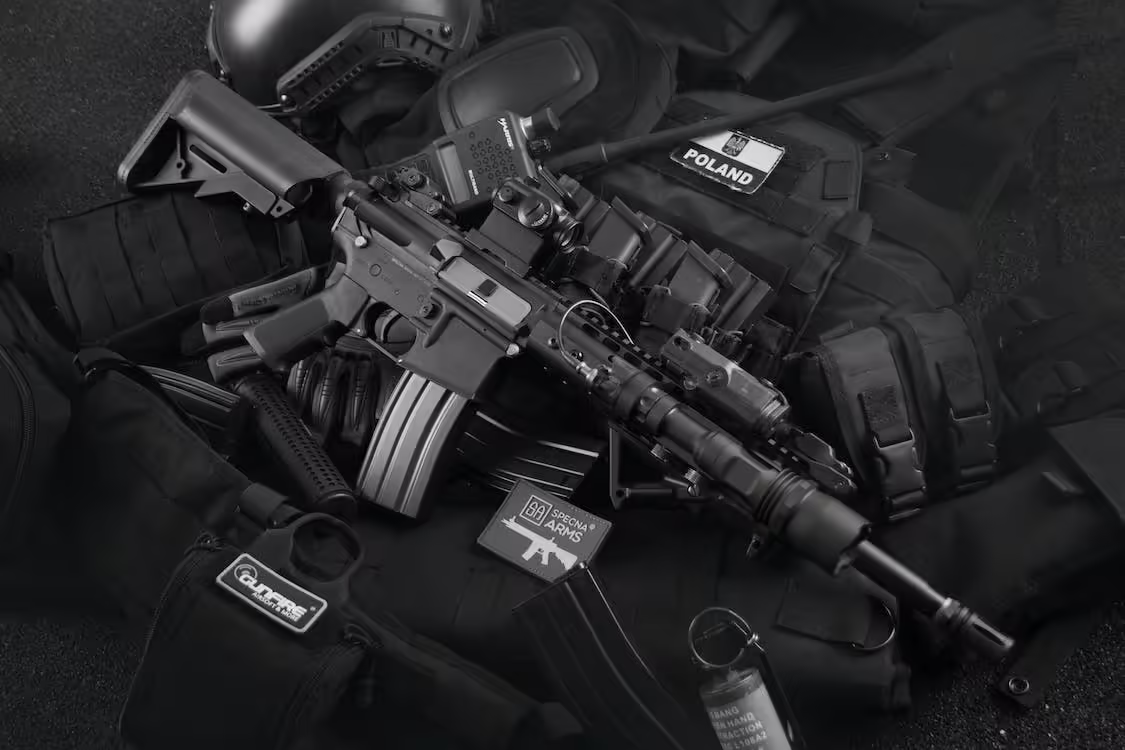

![Byrna SD [Self Defense] Kinetic Launcher Ultimate Bundle - Non Lethal Kinetic Projectile Launcher, Home Defense, Personal Defense | Proudly Assembled in The USA](https://m.media-amazon.com/images/I/81nHybIO22L._AC_SL520_.jpg)

